Microsoft is making progress to build a Quantum Computer
2 min. read
Published on
Read our disclosure page to find out how can you help MSPoweruser sustain the editorial team Read more

Microsoft has been working on to create a Quantum Computer for a while now. However, the Redmond giant is not alone in the race to create a working Quantum Computer as it has fierce competition from other tech conglomerates.
Although there’s competition, it looks like Microsoft is leading the race. In a blog post, Microsoft explained their progress to build a Quantum Computer.
Quantum computers could solve a set of problems that are completely intractable to humans at this time, and it could do so in 100 seconds. Microsoft’s enterprise customers are interested in changing their businesses using this technology, and we have set our sights beyond the hype cycle. We have a good understanding of what’s needed.
Microsoft is working on the only scalable solution, one that will run seamlessly on the Azure cloud, and be much more immune to errors. The truth is that not all qubits are equal; most are inherently unstable and susceptible to error-creating noise from the environment. Our approach uses topological qubits specifically for their higher accuracy, lower cost and ability to perform long enough to solve complex real-world problems.
Microsoft is the only major company attempting to build topological qubits, which aims to significantly reduce any interference at a subatomic level that might affect the machine. With this approach, the computational qubits will be “corrected” by the other qubits.
– Julie Love, Director of Quantum Computing, Microsoft
Last year Microsoft also released a Quantum Development kit that allowed developers to create and test apps for a Quantum computer in a simulator. We do expect to see Quantum Computer in the coming years but it will be interesting to see who beats everyone and reveals a working model of a Quantum Computer.
Source: Microsoft News

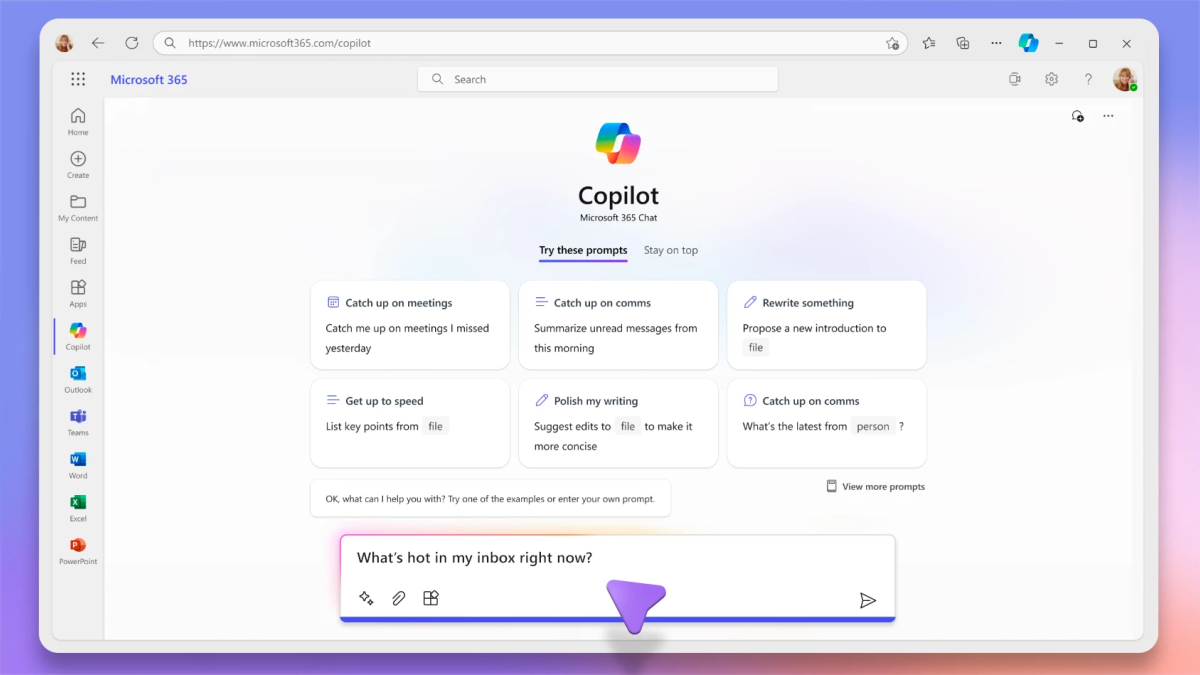
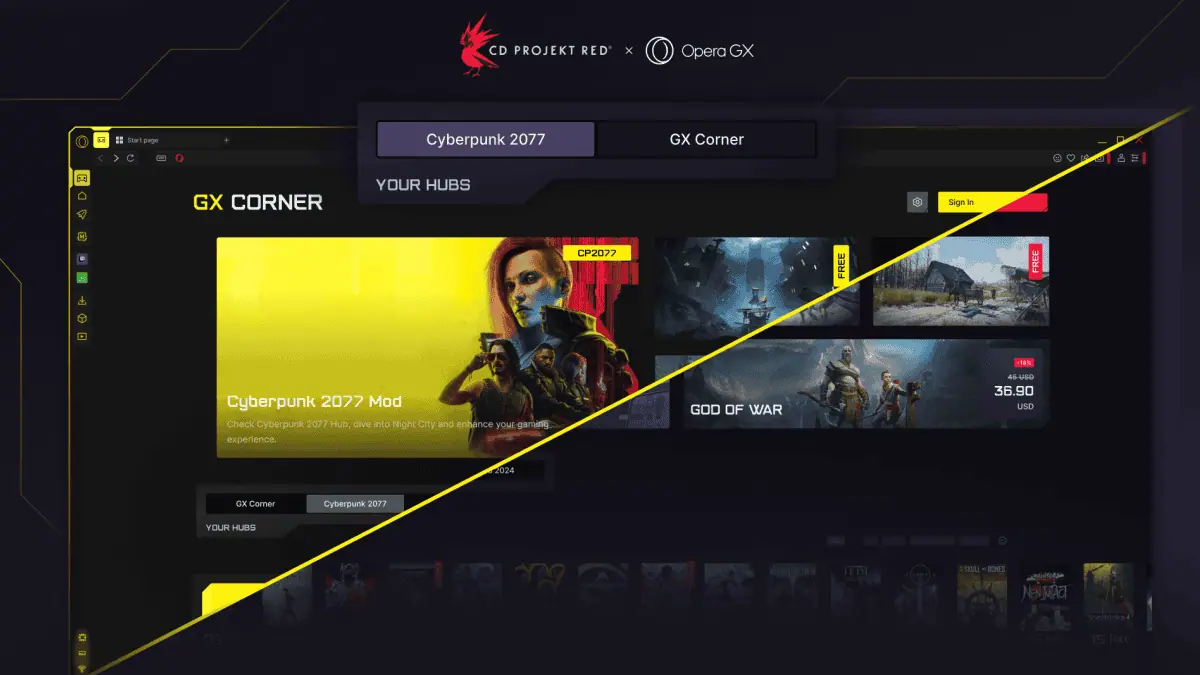
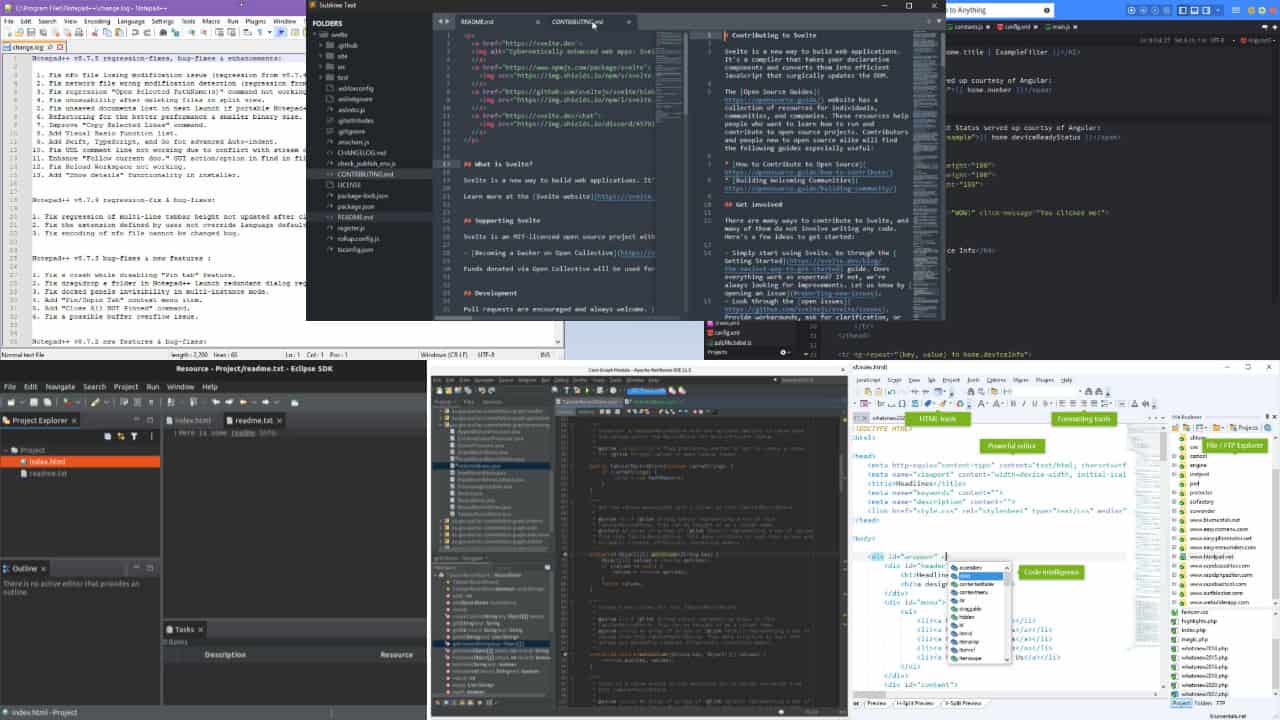

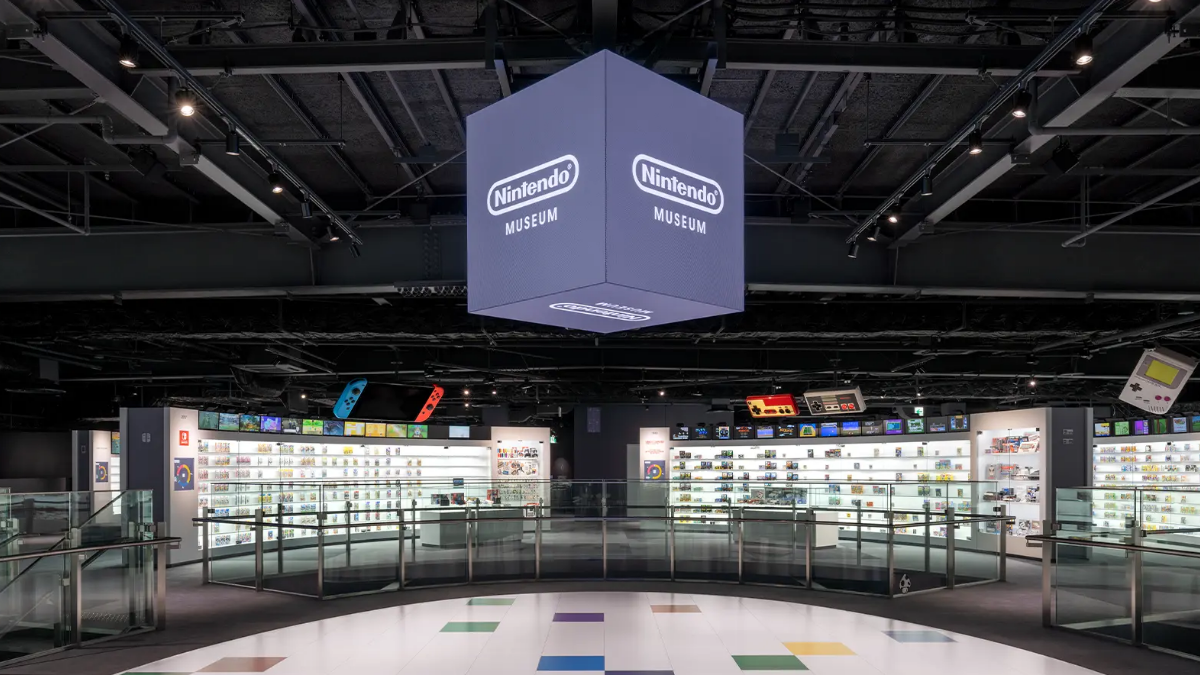
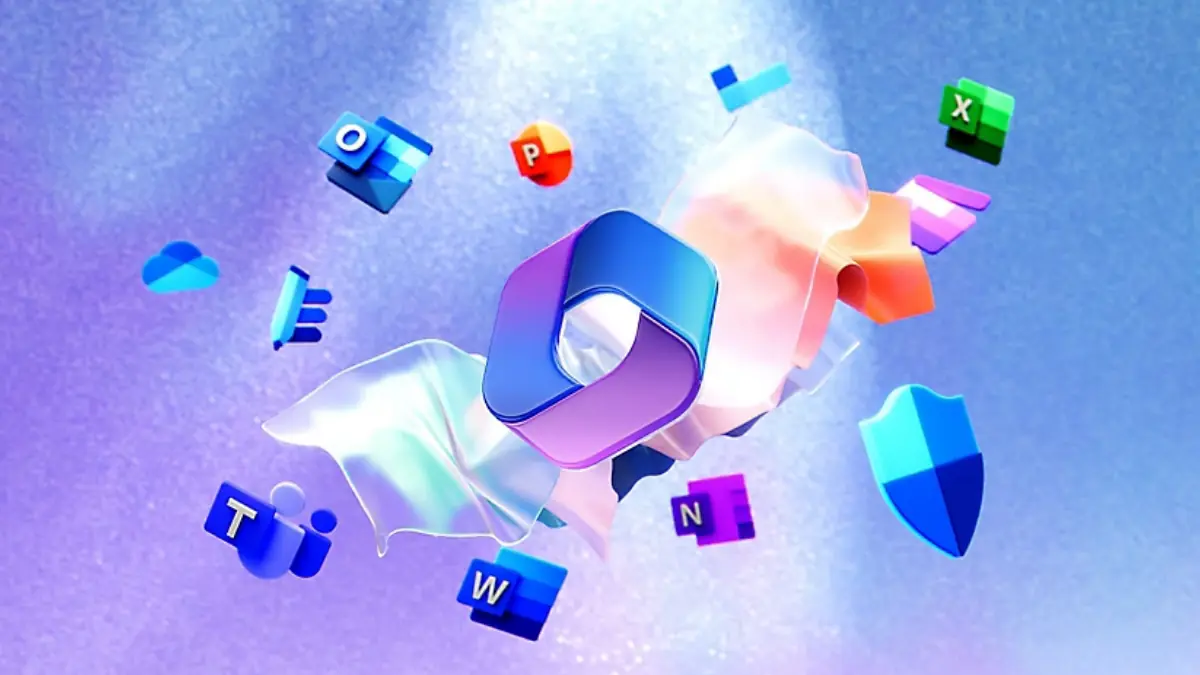

User forum
0 messages